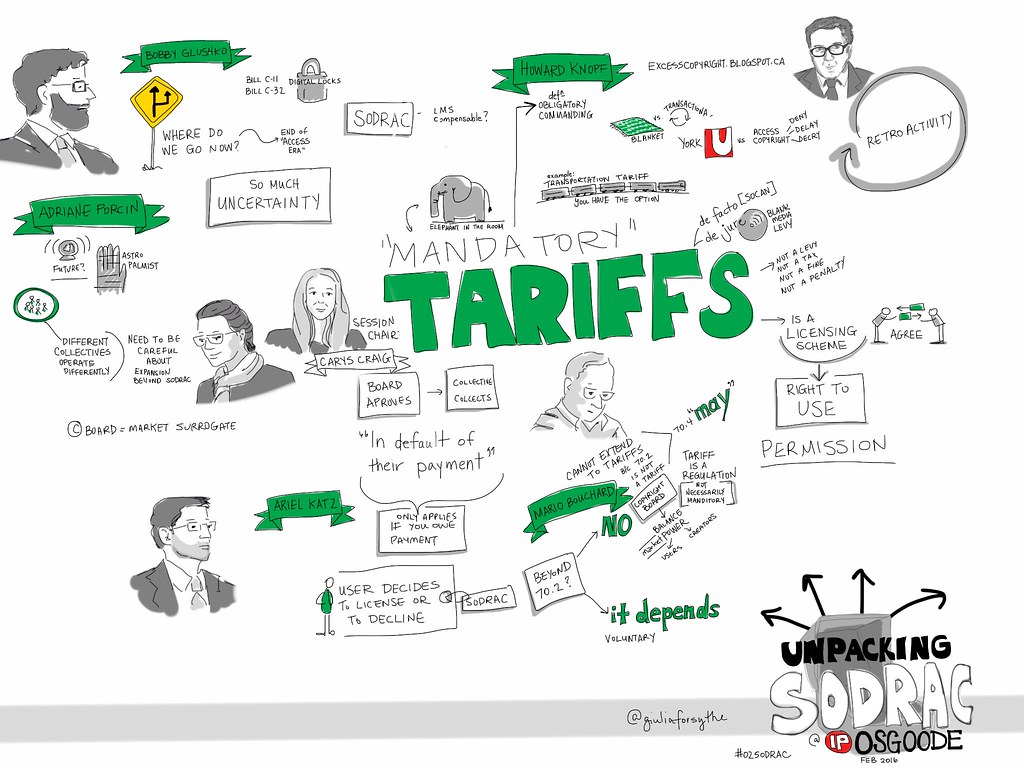Key Takeaways:
- President Trump imposed 25% tariffs on Canadian imports, citing border concerns.
- The tariffs affect nearly all goods, impacting both economies.
- The trade war fluctuates as negotiations continue.
- Trump’s claims about criminals and fentanyl are under scrutiny.
- Diplomatic trust is strained, affecting more than just trade.
Introduction: In a bold move, President Trump slapped a 25% tariff on almost all Canadian imports, stirring up a heated trade war. Citing concerns over border security and drug trafficking, Trump aims to pressure Canada into tighter controls. This decision, however, has sparked debate and economic strain on both sides.
What Are the 25% Tariffs? The tariffs target a wide range of Canadian goods entering the U.S., from everyday items to industrial products. Trump claims this is a response to alleged security breaches, accusing Canada of allowing criminals and dangerous drugs like fentanyl to cross into the U.S. While some fentanyl does enter through the border, much of it comes legally through ports, suggesting the issue may be more complex than Trump suggests.
The Impact of the Tariffs Both countries feel the pinch from these tariffs. U.S. consumers may see higher prices and fewer options, while Canadian businesses struggle to compete. Industries like agriculture and manufacturing are particularly hit, disrupting supply chains andeconomic stability.
The Trade War Rollercoaster The situation remains volatile, with negotiations stopping and starting. While talks continue, the tariffs remain a significant barrier, leaving both economies in limbo. This unpredictability complicates planning for businesses and and consumers alike.
Why This Trade War Matters Beyond Trade More than just economic, this conflict strains the trust between two long-time allies. If unresolved, it could affect future collaborations on security, environment, and more. The human factor is also crucial, as real people face job losses and higher living costs, emphasizing the need for a balanced approach.
Canada Fights Back Canada has fired back, imposing counter-tariffs on U.S. goods. Prime Minister Trudeau has called the claims unfounded, defending Canada’s efforts to curb drug trafficking. While not matching the U.S. tariffs, Canada’s retaliation shows its commitment to protecting its economy, complicating a resolution.
The Path Ahead: Can the Trade War Be Resolved? Resolving this issue likely requires an independent review of Trump’s claims and a willingness to negotiate. If Canada can address legitimate concerns and the U.S. lifts tariffs, both could benefit. Until then, consumers and businesses face uncertainty and higher costs.
Conclusion and Future Outlook The U.S.-Canada trade war highlights the delicate balance between security and trade. To resolve this, both countries must seek common ground, ensuring their alliance remains strong. Until then, the economic impact and strained relations are stark reminders of the challenges ahead.
